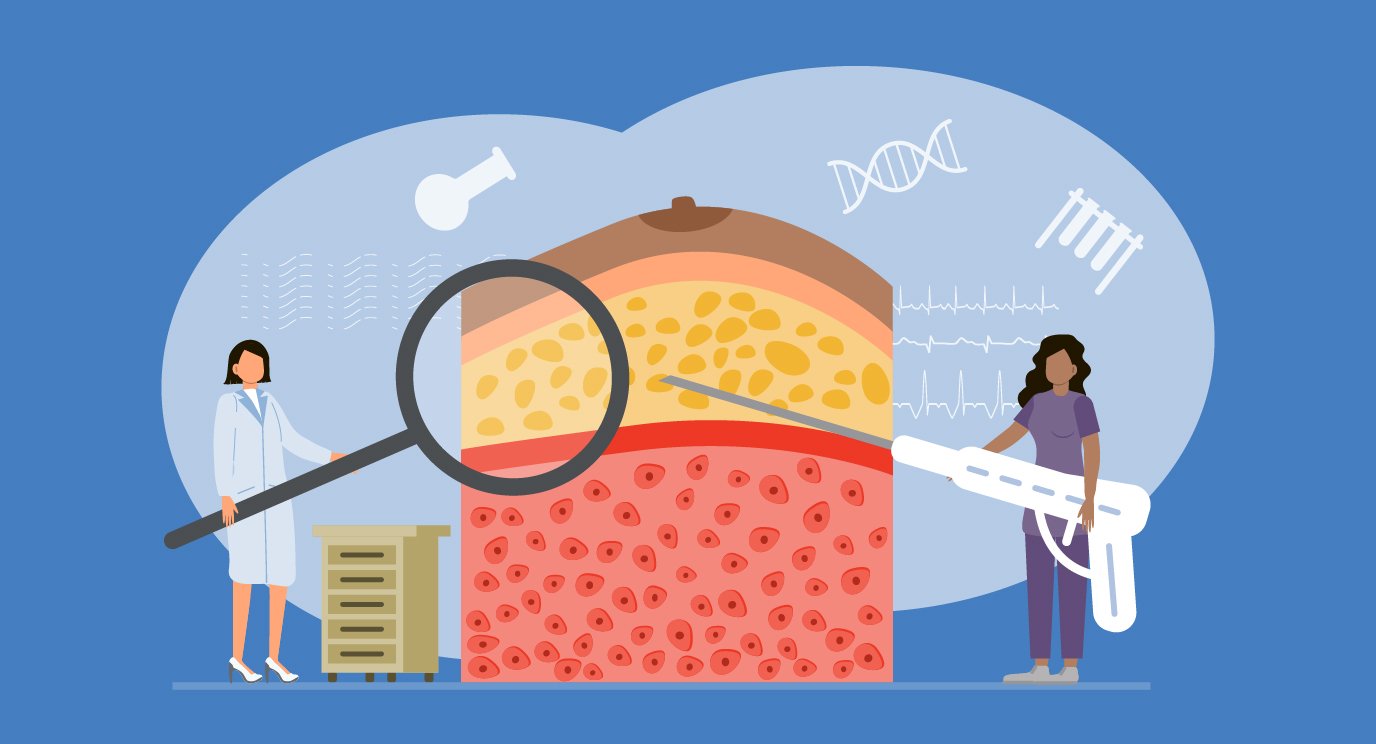- Diseases
- Acoustic Neuroma (14)
- Adrenal Gland Tumor (24)
- Anal Cancer (68)
- Anemia (2)
- Appendix Cancer (16)
- Bile Duct Cancer (26)
- Bladder Cancer (72)
- Brain Metastases (28)
- Brain Tumor (232)
- Breast Cancer (714)
- Breast Implant-Associated Anaplastic Large Cell Lymphoma (2)
- Cancer of Unknown Primary (4)
- Carcinoid Tumor (8)
- Cervical Cancer (158)
- Colon Cancer (166)
- Colorectal Cancer (118)
- Endocrine Tumor (4)
- Esophageal Cancer (44)
- Eye Cancer (36)
- Fallopian Tube Cancer (8)
- Germ Cell Tumor (4)
- Gestational Trophoblastic Disease (2)
- Head and Neck Cancer (12)
- Kidney Cancer (128)
- Leukemia (342)
- Liver Cancer (50)
- Lung Cancer (286)
- Lymphoma (278)
- Mesothelioma (14)
- Metastasis (30)
- Multiple Myeloma (100)
- Myelodysplastic Syndrome (60)
- Myeloproliferative Neoplasm (6)
- Neuroendocrine Tumors (16)
- Oral Cancer (100)
- Ovarian Cancer (172)
- Pancreatic Cancer (160)
- Parathyroid Disease (2)
- Penile Cancer (14)
- Pituitary Tumor (6)
- Prostate Cancer (146)
- Rectal Cancer (58)
- Renal Medullary Carcinoma (6)
- Salivary Gland Cancer (14)
- Sarcoma (238)
- Skin Cancer (296)
- Skull Base Tumors (56)
- Spinal Tumor (12)
- Stomach Cancer (64)
- Testicular Cancer (28)
- Throat Cancer (92)
- Thymoma (6)
- Thyroid Cancer (98)
- Tonsil Cancer (30)
- Uterine Cancer (80)
- Vaginal Cancer (16)
- Vulvar Cancer (20)
- Cancer Topic
- Adolescent and Young Adult Cancer Issues (20)
- Advance Care Planning (10)
- Biostatistics (2)
- Blood Donation (18)
- Bone Health (8)
- COVID-19 (362)
- Cancer Recurrence (120)
- Childhood Cancer Issues (120)
- Clinical Trials (632)
- Complementary Integrative Medicine (22)
- Cytogenetics (2)
- DNA Methylation (4)
- Diagnosis (232)
- Epigenetics (6)
- Fertility (62)
- Follow-up Guidelines (2)
- Health Disparities (14)
- Hereditary Cancer Syndromes (126)
- Immunology (18)
- Li-Fraumeni Syndrome (8)
- Mental Health (116)
- Molecular Diagnostics (8)
- Pain Management (62)
- Palliative Care (8)
- Pathology (10)
- Physical Therapy (18)
- Pregnancy (18)
- Prevention (918)
- Research (392)
- Second Opinion (74)
- Sexuality (16)
- Side Effects (604)
- Sleep Disorders (10)
- Stem Cell Transplantation Cellular Therapy (216)
- Support (402)
- Survivorship (322)
- Symptoms (182)
- Treatment (1786)
10 mpox (monkeypox) myths you shouldn’t believe
5 minute read | Published August 18, 2022
Medically Reviewed | Last reviewed by an MD Anderson Cancer Center medical professional on August 18, 2022
Last updated on Dec. 1, 2022
Was mpox (formerly called monkeypox) created in a lab? Can you get it from going in a swimming pool? Are only gay and bisexual men at risk of catching it?
You’ve probably heard a lot of talk lately about mpox. But it’s important to separate fact from fiction. So, what’s true and what’s false?
Here are 10 mpox myths that you shouldn’t believe.
Myth #1: Mpox (formerly called monkeypox) was created in a lab.
Fact: Mpox is a zoonotic disease, meaning it can be transmitted from animals to humans. Though nobody really knows which animal acts as the reservoir for mpox or how it was first transmitted to a human, it certainly was not created by scientists in a lab.
Mpox comes from the same family of viruses that includes smallpox and, in the United States, has historically been associated with travel to certain countries in central and western Africa, where it is considered endemic.
Myth #2: Mpox is a new disease.
Fact: The mpox virus was first identified in 1958 in monkeys (hence the name), and the first human cases were documented in the 1970s. Though not an infection that occurs naturally in the United States, monkeypox was not unheard of before now.
Mpox first appeared in the United States in 2003 during a multi-state outbreak. Those cases were all linked to pet prairie dogs infected by rodents and other small mammals imported from Ghana. All 47 people infected with monkeypox in this outbreak had direct contact with the infected prairie dogs, and no person-to-person infection occurred. This outbreak was contained through a combination of testing, contact tracing, smallpox vaccines and new restrictions on animal imports.
Myth #3: You can get mpox from a swimming pool.
Fact: You cannot get mpox just by going in a swimming pool. However, if you are in close physical contact with someone who has mpox lesions, you could become infected. Likewise, if you use an unwashed towel or other pool item that came into contact with a person’s monkeypox lesions, you could become infected. Items such as bedding, clothing and other objects may be contaminated with the virus, too, if someone with mpox uses them.
Myth #4: You can get mpox from being in a crowd.
Fact: Unlike COVID-19, mpox is not known to linger in the air, and it is not nearly as infectious. Additionally, mpox does not spread during short periods of shared airspace with someone infected with it. So, walking through a crowded restaurant or store is not sufficient to contract the virus.
However, if you are in a tight space with prolonged person-to-person contact, like at a crowded music venue or club, your risk of contracting monkeypox from an infected individual increases. Mpox can also be transmitted from person to person through saliva and large respiratory droplets, but this requires prolonged face-to-face contact — such as close talking or kissing — with someone who has it.
Myth #5: mpox is deadly.
Fact: While monkeypox lesions can look similar to smallpox lesions, mpox infections are much milder, and are only very rarely fatal. The number of deaths attributable to mpox from the 2022 outbreak is still in the single digits worldwide, and no deaths have occurred in the U.S.
That being said, the symptoms can be severe in some patients, as well as painful and very unpleasant, so it’s wise to try to avoid an infection.
Myth #6: Mpox is a sexually transmitted disease.
Fact: Person-to-person transmission of monkeypox is through close, direct contact with the lesions, rash, scabs or certain bodily fluids of someone who has monkeypox. This description could certainly apply to sexual activity, but exposure can also occur when people just share a household or are in close physical proximity, such as spouses or young children who sleep in the same bed. While mpox can be transmitted during sex, it does not only require sexual intercourse to be transmitted.
Myth #7: Only gay and bisexual men can get mpox.
Fact: To date, monkeypox has disproportionately affected the LGBTQ+ community, but it is crucial to understand that ANYONE who does not have immunity against the virus can get monkeypox.
This myth is stigmatizing the LGBTQ+ community, as it implies that people who are not a part of it do not have to care about what’s going on with this outbreak, which is dangerous misinformation.
The most important thing you can know about mpox right now is that it can affect anyone, regardless of your sexual orientation or partners. Everyone should be aware of the risks and educate themselves on how they can best protect themselves, their families, and their partners against mpox.
Myth #8: The mpox vaccine is new.
Fact: Neither vaccine being used to prevent the spread of mpox right now is new.
ACAM2000, which was created to protect people at high risk of contracting smallpox, was approved by the Food and Drug Administration (FDA) 15 years ago — in 2007. ACAM2000 replaced Dryvax in 2008, which was a vaccine used in the global eradication of smallpox.
And Jynneos, also known as imvanex/imvamune, was approved for the prevention of both smallpox and monkeypox three years ago — in 2019.
Myth #9: Anyone can get a mpox vaccine.
Fact: The Jynneos vaccine is being distributed to local public health authorities for community vaccination, but because supplies are limited, many municipalities are only making vaccines available to people who meet certain eligibility criteria.
Check with your doctor or the local health department to see if you qualify.
Myth #10: Mpox is related to COVID-19.
Fact: Mpox is not related to SARS-CoV-2, the virus that causes COVID-19. They are both viruses. But SARS-CoV-2, a respiratory pathogen, is a member of the coronavirus family, which was named for its crown-like appearance under a microscope. Mpox and smallpox, meanwhile, are members of the Orthopoxvirus genus, which is a completely separate virus group.
Amy Spallone, M.D., is assistant professor of Infectious Diseases, Infection Control and Employee Health at MD Anderson.
Request an appointment at MD Anderson online or by calling 1-877-632-6789.

Unlike COVID-19, mpox is not known to linger in the air, and it is not nearly as infectious.
Amy Spallone, M.D.
Physician





